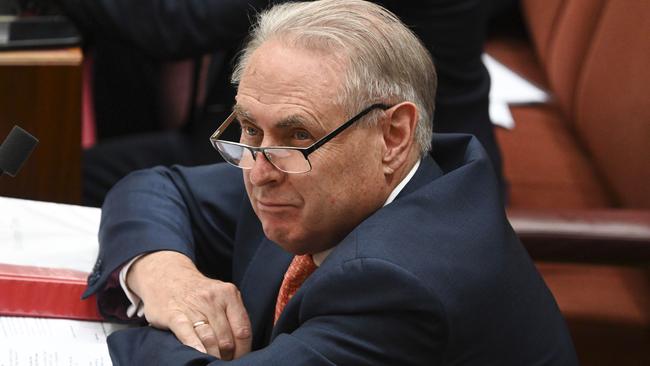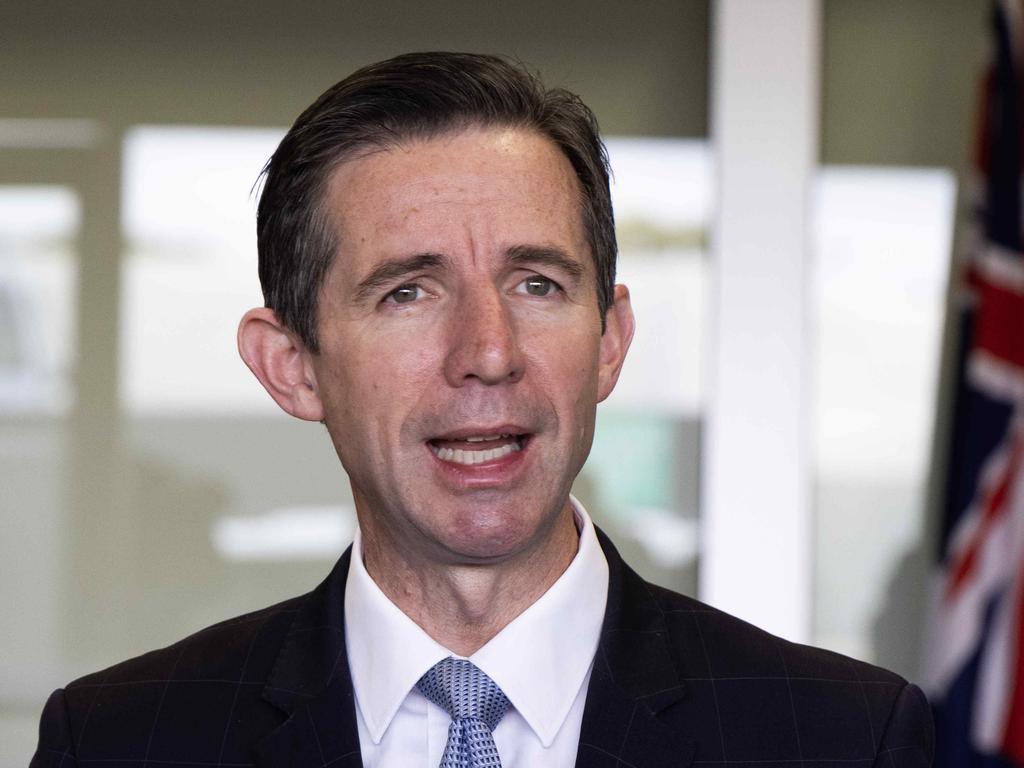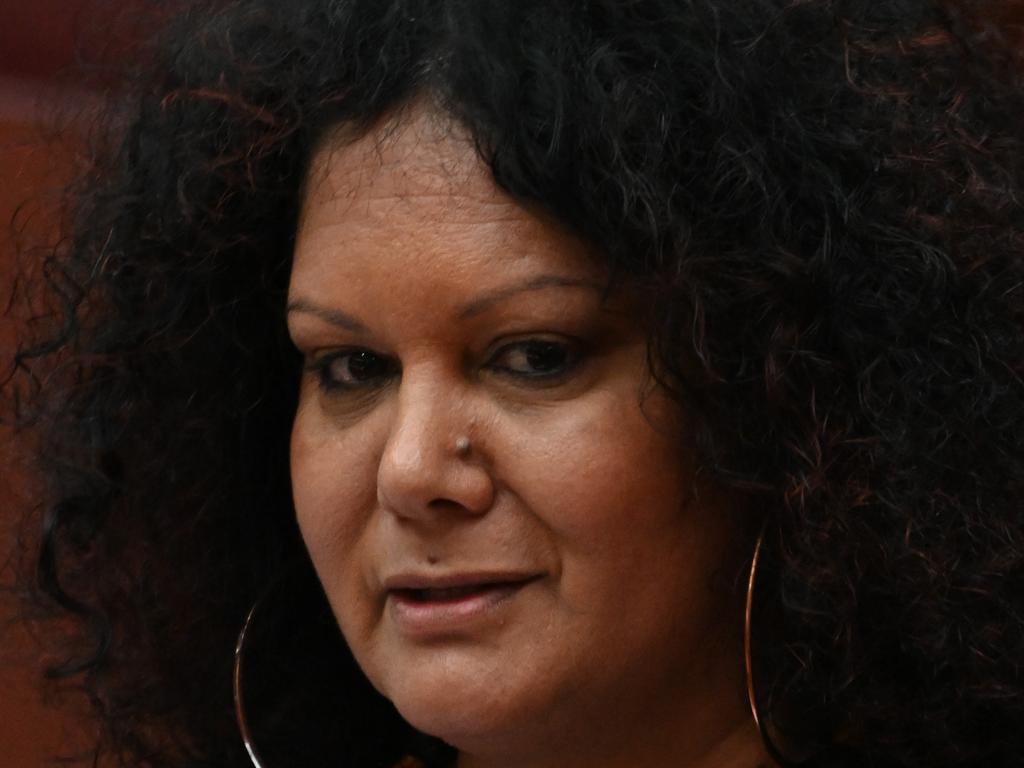Increase pollies in the territories: committee
The number of politicians in Canberra could be drastically increased with up to another 49 MPs in the House of Representatives and at least four more in the Senate.

The number of politicians in Canberra would be increased by up to 49 MPs in the House of Representatives and at least four more in the Senate if a bid to provide more proportionate representation under recommendations from a parliamentary committee was accepted.
Special Minister of State Don Farrell on Monday said he would closely consider the report handed down by the joint standing committee on electoral matters, which recommended bringing Australian representation in line with parliaments overseas by expanding the House of Representatives from the current 151 MPs to 175 or 200 and doubling the number of Senators in the Australian Capital Territory and Northern Territory from two to four.
“I’ll have a good look at the report and see how quickly we can implement these recommendations,” Senator Farrell told The Australian.
The recommendations follow an amendment to Labor’s national platform in August – moved by the CFMEU and NT Attorney-General Chansey Punch – which also bound the party to following a policy of “non-intervention” in the territories.
While it is up to the government to decide how many extra senators – if any – to grant the territories, CFMEU national secretary Zach Smith said Labor needed to implement the recommendations in full. “Anything less than four senators would be totally unfair for voters in the ACT, who have been under-represented for too long,” he said.
All states have 12 senators, including Tasmania, which has a population of just 100,000 more than the ACT, which recorded a population of nearly 465,000 as of March this year.
ACT independent David Pocock said just two senators in the ACT was not enough to be advocating on behalf of all constituents.
“You see how much work goes into that and you see the range of issues that aren’t being brought to parliament,” he said.
Senator Pocock would not rule out fielding running mates at the next election if the ACT gained more Senate spots.
The recommendation for more Territory senators was seen by conservatives as potentially leading to more progressive Labor, Green and independent candidates being elected and creating a permanent progressive vote in the Senate.
The JSCEM said in its report that the government also needed to consider boosting the number of people in the House of Representatives “to reduce malapportionment and improve the ratio of electors to MPs”. The recommendation would mean the “harmonic” being used by the Australian Electoral Commission to adjust the number of House of Representatives seats between elections would be replaced by an arithmetic method, which would result in more metropolitan House of Representatives seats and fewer in regional areas.
The committee report immediately drew fire from Coalition leaders and analysts, who said the government was trying to secure a “more favourable” Senate.
“Adding senators to the Senate from territories will add no value to the representation of those territories … we need better politicians, not more politicians,” Nationals leader David Littleproud said.
Federal Liberal executive director Andrew Hirst said the Labor government had no mandate for electoral changes.
The committee estimated that to bring Australia into line with representation similar to that in Britain, the number of MPs would have to be expanded to 175 or 200 and that under the scenario for 200 more MPs, NSW representation would go from 47 to 63 MPs and Victoria’s from 39 to 51.
The committee earlier this year recommended caps be placed on political donations, with “real time” reporting of donations, as well as capping donations from “associated entities, and third parties” but exempting charities.





